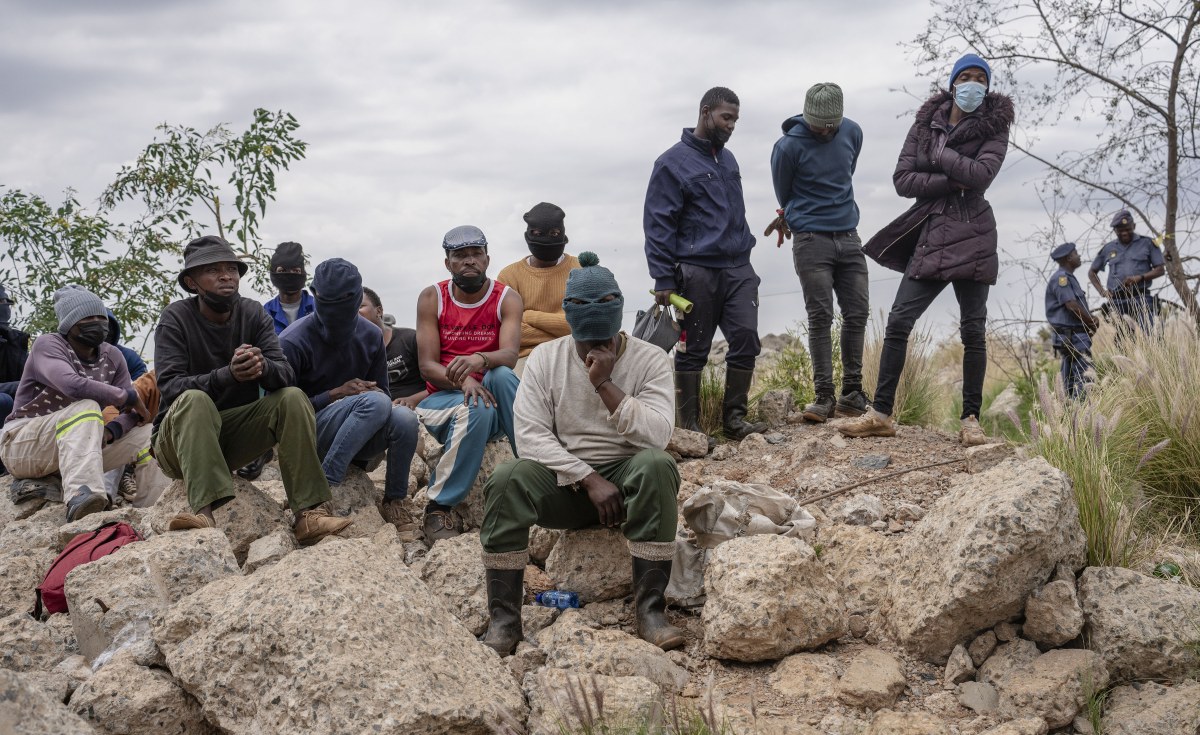Neamin Zeleke
In a chilling display of brutality, Abiy Ahmed’s autocratic regime has unleashed a reign of terror on ethnic Amhara civilians. Indiscriminate drone strikes have turned homes, farms, and entire communities into gravesites. Innocent farmers, women, children, and the elderly lie among the dead, slaughtered in a campaign that reeks of desperation and cruelty. These violent acts follow devastating military losses suffered by Ethiopian Defense Forces, who, after the surrender of senior commanders, have shifted their wrath onto defenseless civilians in a brazen attempt to crush any hint of resistance.
Unable to achieve victories on the battlefield, the regime has escalated its blood-soaked campaign, with the Amhara heartland bearing the brunt of its fury. In areas like Mecha, Brakat, Bitina, and Gerchech, horror reigns. Drone strikes rain down, and ground assaults tear through villages, leaving death and destruction in their wake. The Amhara Fano forces — viewed by many as the last bastion of defense against years of systemic persecution — have proven resilient, infuriating the regime, which has now turned to savage, indiscriminate massacres. Fighter or civilian, it no longer matters. The regime’s message is clear: anyone in their path is fair game.
Nowhere is the carnage more appalling than in North Gojjam’s Mecha district, where Fano leader Zemene Kasse is believed to have operated. The government’s response has been merciless: relentless drone strikes have decimated the region, wiping out farming communities and leaving scores of innocent people dead. Eyewitnesses describe scenes of utter devastation, as once-thriving villages have been reduced to smoldering ruins, their people slaughtered, their livelihoods destroyed.
But the horror doesn’t stop at lives lost. Schools, hospitals, and other critical infrastructure have been intentionally targeted in this brutal assault. These strikes have paralyzed communities, destroying essential services and plunging the region into a deep humanitarian crisis. The regime’s actions appear not only as military frustration but as a deliberate strategy of ethnic terror, designed to break the Amhara spirit.
The violence has not spared other regions. Southern Achefer has been similarly devastated. In the Zehibest kebele alone, over 20 drone strikes were unleashed against civilians in just three hours, leaving entire communities shattered. The carnage was swift, brutal, and unrelenting, with casualties rising by the minute and displacement tearing families from their homes. The regime seems determined to wage war against the very soul of the Amhara people, focusing its cruelty on the most vulnerable: children, pregnant women, and the elderly.
The Ethiopian state’s campaign has been labeled as nothing short of ethnic cleansing. Despite the mounting evidence of war crimes and crimes against humanity, the world has chosen silence. The blood of innocents flows, yet the global outcry remains absent, drowned out by the deafening indifference of international powers.
Shockingly, a recent statement on state television by a government official declared that the “wipe-out mission” against the Amhara would continue, confirming the regime’s genocidal intentions. This is no longer about military strategy — it is about annihilation. The Ethiopian government’s objective appears clear: the complete extermination of the Amhara people, fueled by its vengeful response to military defeats.
As the massacre rages on, the silence of the global community grows more complicit with each passing day. Human rights organizations, so quick to speak out in other crises, have been shamefully silent in the face of these atrocities. This global indifference has only emboldened Abiy Ahmed’s regime, allowing it to continue its campaign of terror unchecked, with impunity.
The fate of the Amhara people now hangs by a thread. The world’s failure to act, to speak, to hold Abiy Ahmed’s regime accountable is a stain on the conscience of humanity. With every passing moment, the silence becomes a weapon in the hands of the oppressors, and the suffering of the Amhara people deepens. The question remains: how long will the world remain silent as an entire people are driven to the brink of annihilation?










